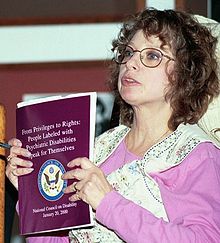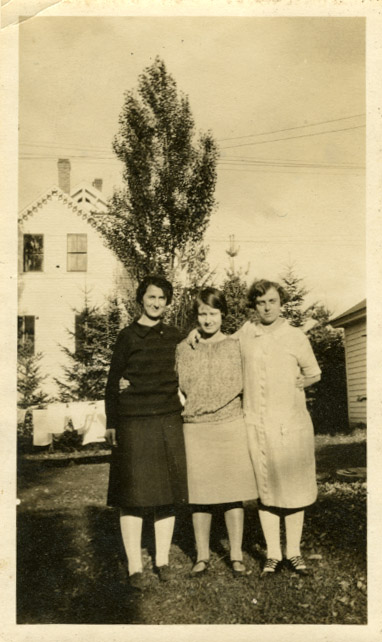Robert J. Carton Papers
The environmental scientist Robert J. Carton emerged in the mid-1980s as one of the leading scientific critics of fluoridation of the water supply. After receiving his doctorate in Environmental Science from Rutgers University, Carton accepted a position in 1972 with the Office of Toxic Substances in the Environmental Protection Agency, assessing the risks associated with a range of toxic substances from asbestos to arsenic and hexachlorobenzene. By 1985, Carton became concerned about EPA standards for fluoride in drinking water, taking a public stance against undue political influence in framing those standards and insisting that there was no scientific evidence that fluorides prevented tooth decay and that any level of fluoride exposure presented a significant health hazard. In 1992, Carton left the EPA to work for as Chief of Environmental Compliance for the U.S. Army Medical Research and Materiel Command in Fort Detrick, Maryland.
Consisting primarily of research, notes, and some correspondence relating to the health effects of fluoridation of drinking water, the collection documents Robert Carton’s nearly two decade long struggle against the EPA and federal government. Also included are transcripts of filings relating to various legal challenges against fluoridation during the mid-1980s.



